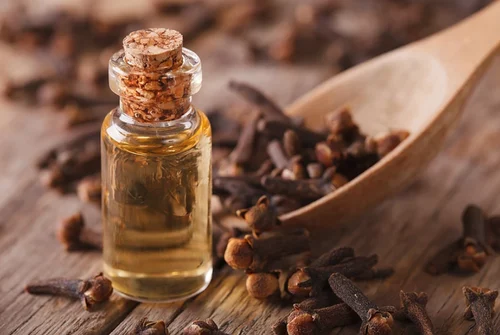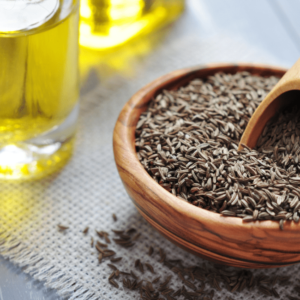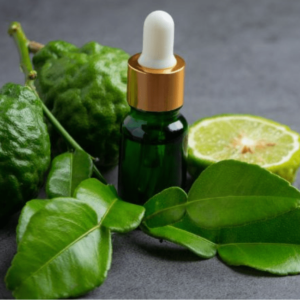Description
Clove oil is derived from the dried flower buds of the clove tree, scientifically known as Syzygium aromaticum. It has a warm, spicy aroma and a rich history of medicinal and culinary uses. Clove oil is known for its potent analgesic and antiseptic properties, making it beneficial for toothaches, sore muscles, and infections.
In the cosmetic industry, it is used in oral care products, perfumes, and soaps. In aromatherapy, clove oil is believed to have uplifting and energizing effects, as well as promoting mental clarity. It is also commonly used as a natural insect repellent.
Medicinal use: Clove oil has various medicinal uses due to its analgesic, antimicrobial, and anti-inflammatory properties. It is commonly used for relieving toothaches, treating oral infections, soothing sore muscles, and alleviating respiratory issues. It is also believed to aid in digestion, improve circulation, and provide relief from headaches and nausea.
Cosmetic use: Clove oil is used in cosmetics for its skin-beneficial properties. It is known for its antimicrobial and antifungal effects, making it effective in treating acne and other skin infections. It is also used in oral care products for its refreshing and germ-fighting properties. Additionally, it is added to hair care products to promote scalp health and stimulate hair growth.
Aromatherapy Applications: It is widely used in aromatherapy for its soothing and invigorating properties. Its warm and spicy aroma promotes relaxation, eases stress, and uplifts mood. It is often used in diffusers or added to massage oils for its analgesic properties, providing relief from muscle aches and pains. It is also believed to stimulate mental clarity and enhance focus during meditation or concentration.
An interesting fact about clove oil is one ounce of clove oil possesses an antioxidant capacity equivalent to that of 450 pounds of carrots, 120 quarts of blueberries, or 48 gallons of beet juice.






